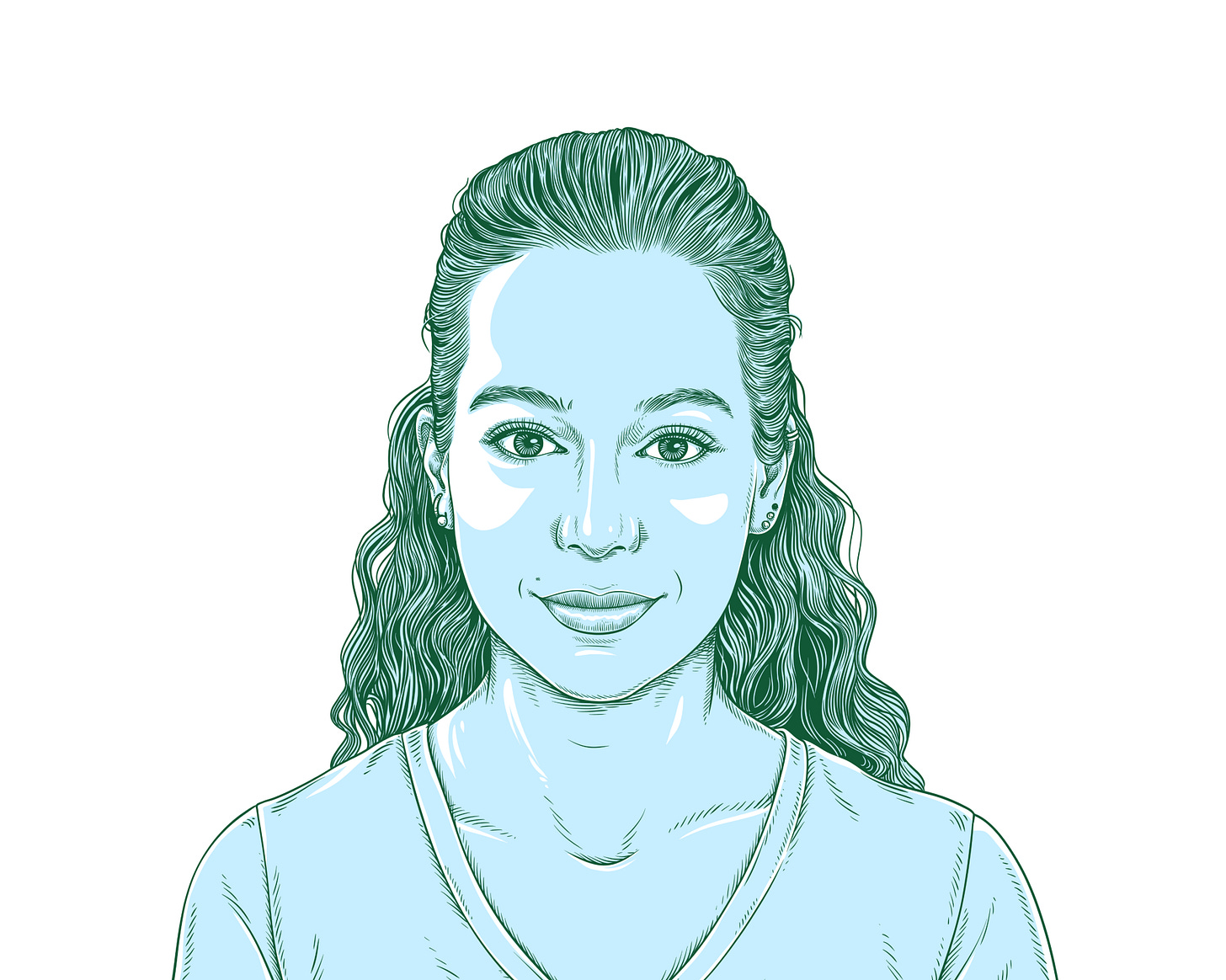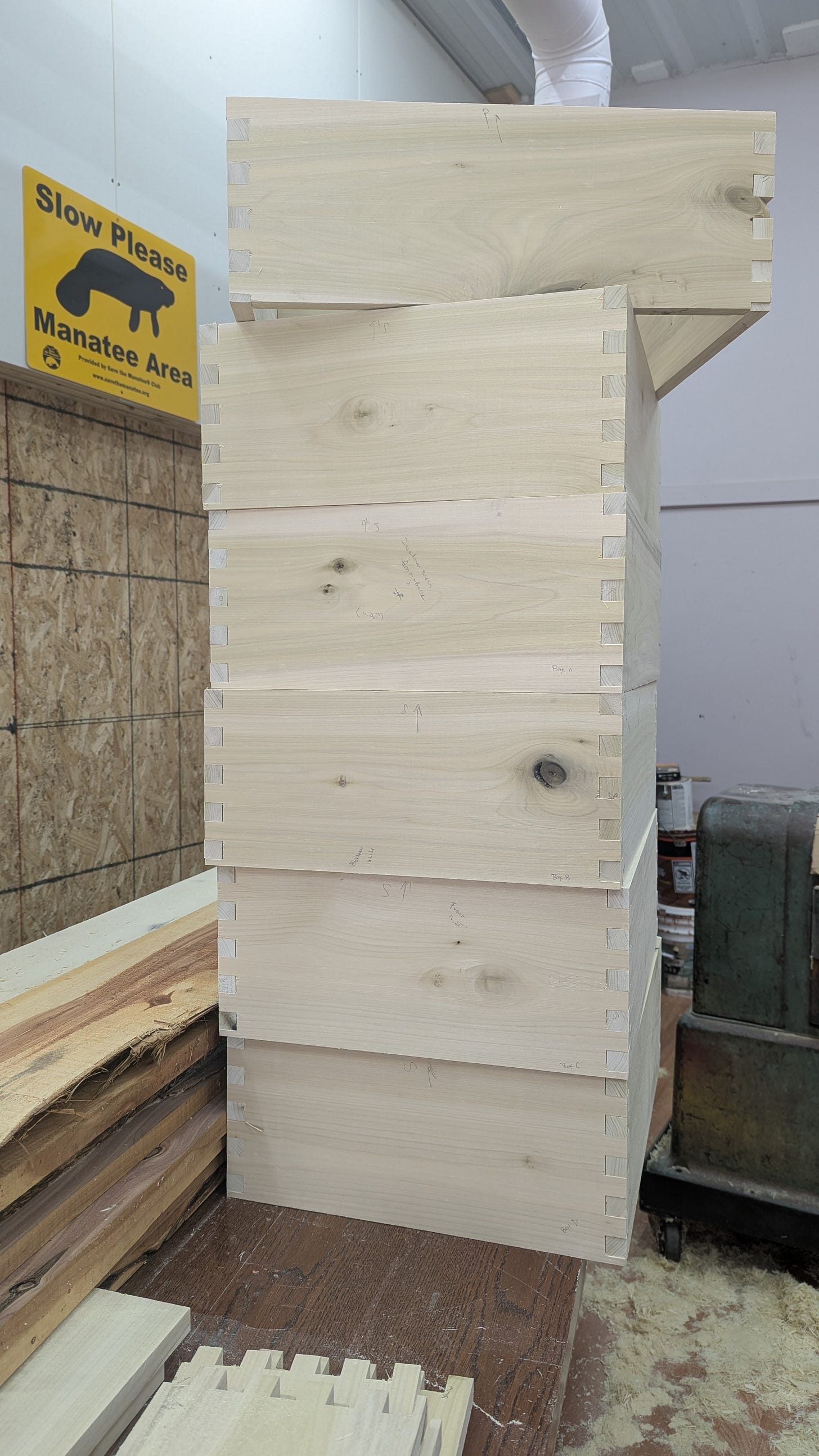Meet Erin McAuley
Scaling Science Without Losing the Plot
Erin joined Fulcrum Genomics in May 2024. Erin comes from clinical genetics where she supported hybrid capture NGS analysis and optimized variant calling algorithms for hard-to-sequence genes. In her PhD she studied adult epithelial stem cells and their contribution to tissue homeostasis, regeneration, and tumorigenesis. We recently sat down to chat about work and life as a bioinformatics consultant.
What’s your area of expertise, and what excites you about your work?
Erin: I’ve been at Fulcrum for just about a year now. When I think of my area of expertise, in this context I don’t think “bioinformatics” — I reach for “science” first. I’ve enjoyed learning software engineering along the way, I’m now excited about implementing at scale for Fulcrum clients, and the inherent impact that brings.
What’s a common challenge in our industry that people don’t talk about enough?
Scalability gets talked about a lot — but it shows up in a couple of ways. There’s the scale of the data and the science itself, sure. But there’s also this whole other scale problem upstream — overwhelm in figuring out how you’re going to scale. There’s rarely just one right answer, and sorting through all the options to find the right fit for your organization becomes its own kind of scaling double-whammy.
What’s one tool, tip, or mindset shift that has made a big impact in your work?
I once heard someone who is not in this field, not even in technical work, once say “plan the work, then work the plan”, and I try to think about that - particularly when I’m debugging. I refer back to my checklist of things I planned to address, and that has helped me be more efficient and enforces structure while I am in the weeds.
What’s a recent project or insight you’re particularly proud of?
I got to work with Matt (Stone) on an academic project, which we don’t get to work on a lot at Fulcrum. It was really cool to peek into the lab’s codebase and reflect on how we could get the PI and his lab to his goal. It was great to bridge that gap in such a short amount of time. The PI wanted some top-tier software engineering, which Fulcrum provides all the time, but what helped me make this project great was to go and read the PIs publications in population genetics, which helped me understand what the intermediate steps in his analyses should look like, and what he needed in the final result. Even better, our client was exuberant about including us as co-authors in the next publication!
If you could give biotech startups one piece of advice, what would it be?
Don’t out-scale your users.
I’ve seen teams get tripped up by trying to build for scale too early. You want to be ready for growth, especially when you don’t know how much data is coming — but over-engineering from the start can slow everyone down. Sometimes you end up building these beautiful, scalable systems that are not intuitive or easy to use.
What’s something outside of work that inspires how you think about problem-solving?
I’m trying to get more into woodworking, recently I built some beehives that got me working with my hands. There was something about that project that just helped me crystallize some concepts in software engineering. It’s helped me to see the system in discrete components, visualize how they might interact, and better reflect on separation of responsibilities.. It’s also helped me to think through the planning process of prototyping, iteration, and production stages of our pipeline development.




